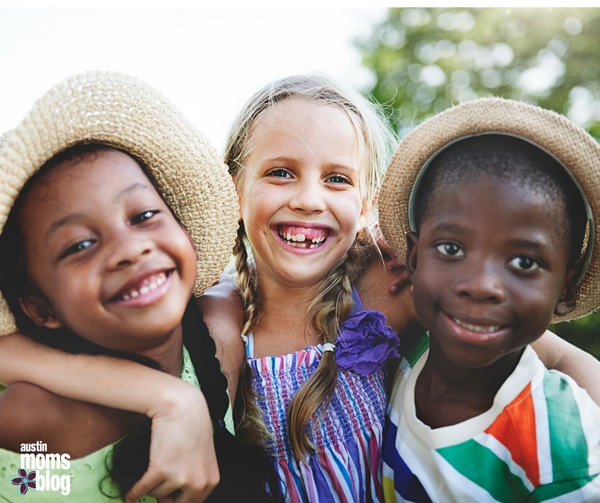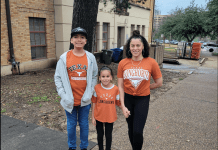
Let me explain, I am not going to pretend that I understand what it feels like to be a minority, but I cannot afford NOT to try to understand. Being white and having that perspective requires I attempt to understand race relations and teach these perspectives to my children.
What does a black man or woman think about when they walk through this world that I do not? What about a Latina? A Native American? A person of Middle Eastern descent? A person of Asian descent?
White Privilege. This evokes so many diverse reactions in even well-meaning people. You see, I think where this terminology may get confusing is that sometimes people think this word implies a general unearned success or treatment. Moreover, White Privilege is the privilege to walk through this world without having to face unfair treatment based on your race and is a specific immunity awarded to someone based on their skin color.
For example, let’s compare this concept to Male Privilege. My husband walks through this world and doesn’t look over his shoulder at night to ensure he is “safe.” But I look over my shoulder. I hate walking alone at night, and I safety planned for every first date I went on. Does this mean he, being male, was undeserving of this peace of mind? Absolutely not. Instead, it just means, in a perfect world, NEITHER of us would have this understated, but consistently present fear, shadowing our steps.
Race and culture are confusing topics.
You see, my husband is biracial. He refuses to fill out information related to his race because he believes it has zero credence. Is his culture important? Yes. He strongly values his Mexican-American heritage, but he finds the relevance of including this information on government paperwork akin to asking him his grandmother’s name. His reaction: “Who is asking?” “Why do you want to know?” “And why is race even a category?”
Our babies live in this colorblind world that my husband believes in. To our young children color does not equal better or worse. At least NOT until we teach them otherwise. And we do teach them otherwise whether we realize it or not, so we must be conscious of what we are teaching them. We must raise our children in a home that honors our differences with respect and knowledge of multiculturalism, race relations, and diversity. I want to live in a multicultural-color blind world. I imagine this world where our heritage, culture, and race is respected and honored, but our skin color is irrelevant to gaining equal treatment and respect. But we are so NOT there yet.
So what can we do?
-
Introspection:
Examine your own racism, stereotypes, privileges, and assumptions. Both implicit and explicit stereotypes exist everywhere in all forms. Racial stereotypes are a common culprit of our brain’s need for a shortcut in an information-filled society. The truth is, we all have stereotypes. These brain time-savers can have very devastating consequences if we are not careful constructionists of our beliefs and assumptions.
-
Immersion:
Immerse your children in multicultural stereotype fighting material from an early age on. Check out this terrific source for children’s books. Here’s an excellent article featuring cartoons where the main characters are both awesome and feature diversity!
-
Education:
Whether you want to raise a little social justice advocate (I totally do!), or you want to ensure your child is kind and empathetic towards all humankind, education is key! Teach kids about historical oppression. Help children understand generations of visible and invisible racially charged systems. Teach them to question… EVERYTHING. ***WARNING: This could lead to a stubborn little rebel child that gives you hell, but I bet they will grow up to be a hell of an adult.
-
Communication:
ALWAYS talk about the uncomfortable stuff with your children. For example: “Do you think this outcome would have been different if this person was a different race?” While this discussion may feel about as comfortable as the birds and the bees, a good rule of thumb for parenting is the more uncomfortable it might feel, the more necessary it might be.
I believe most of this world wants to be good. I hold hope today and every day, that as a society we will continue to grow and do better. Be on the right side of history and engage in honest, open conversations about race relations. Leave the hate and judgment at the door for a moment. Let’s teach our children to do the same.










[…] strong friendships, in turn helping them establish healthy dating relationships as they get older. Teaching about diversity and differences can also help our children put empathy into practice and make them more […]